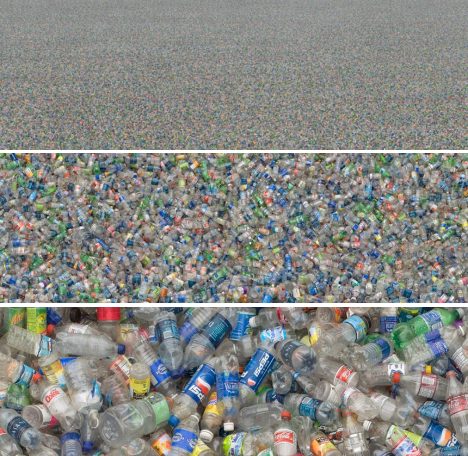Article submitted by Allison Shafritz ’15
Bottled water is a tremendous waste of both plastic and water. According to an organization called Ban the Bottle, in 2012 alone, Americans used 50 billion plastic disposable water bottles and only recycled about 20% of them. Mother Nature Network reported that the bottled water industry uses 47 million gallons of oil and produces 1.5 million tons of plastic waste each year. It also takes three liters of water to produce one liter of bottled water. The amount of oil and energy that goes into the production of bottled water is enough to fuel one million cars. Ban the Bottle is jump-starting the campaign to stop the sale and use of plastic water bottles around the country. Its reasoning is simple- bottled water is bad for the environment, your wallet, and your health.
Simply put, bottled water is not a good value; it can cost up to ten thousand times more than tap water. As consumers, we need to be conscious of our purchases. When did water become a commodity, and why are we paying for something that we can get for free from the sink? The bottled water industry has completely manufactured the demand for plastic water bottles. Corporations have used advertising to make the public want to buy their “pure water” with its “perfect taste.” Truth is, almost 30% of bottled water IS tap water and the water that actually does come from a private source is tested less frequently and held to a lower standard. Even the plastic bottles themselves can be harmful- they contain PET and BPA, which are toxic substances that can leech into and contaminate the water. And most people buy bottled water because they are sold on the idea that it is the safe and superior choice!
On the other side of the argument are the bottled water enthusiasts, who claim that banning the bottle will reduce the healthy consumption of water by encouraging consumers to drink sweetened beverages like soda and juice. They argue that if water bottles are not readily available, people will turn to the next item on the shelf. But what they have failed to consider is that water is America’s favorite beverage. Bottled water sales have skyrocketed over the past few years solely because people realized that water is the healthiest option. So it is not a question of bottled water versus soda; it is a question of bottled water versus tap water.
Universities across the country have started to “Ban the Bottle.” They provide free reusable water bottles to incoming students, sell reusable bottles to the rest of the student body, and have hydration stations around campus for easy and accessible bottle refill. If our peer institutions can do it, so can we. Banning the bottle at Colgate would reduce campus beverage costs and reduce our carbon footprint, bringing us one step closer to our goal of reaching carbon neutrality by 2019.
If the bottled water industry concerns you like it concerns me, there is one easy thing you can do- buy a reusable water bottle. Fill it up with tap water that is safe and clean, never pay for a plastic bottle again, and save the environment from thousands of tons of wasted resources and energy. Banning the bottle is a win-win-win scenario.
To see what Colgate students have to say about banning the bottle, check out this video.




Perhaps it was a misconception on my part when I was a student, but I remember 4-5 years ago a ‘ban the bottle’ initiative on campus that seemed to take hold for a few months. Then I started seeing bottles reappearing at scattered official university functions, and then with increasing frequency.
What actions can Colgate students, faculty, and staff who do not use bottled water in their personal lives take to help Colgate move away from them as an institution?
Alison, thank you for keeping this issue and discussion alive!
-Jason Kammerdiener ’10